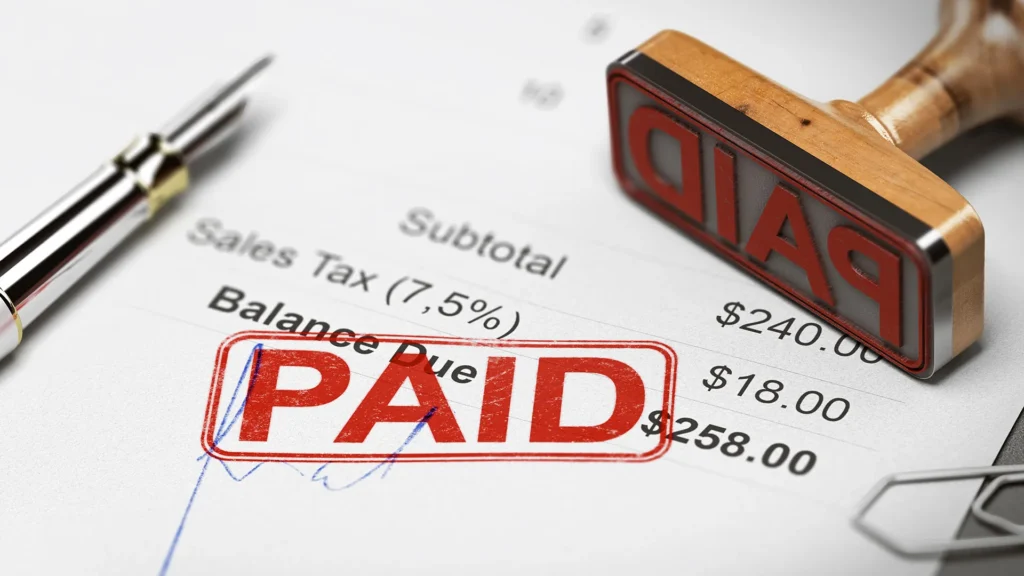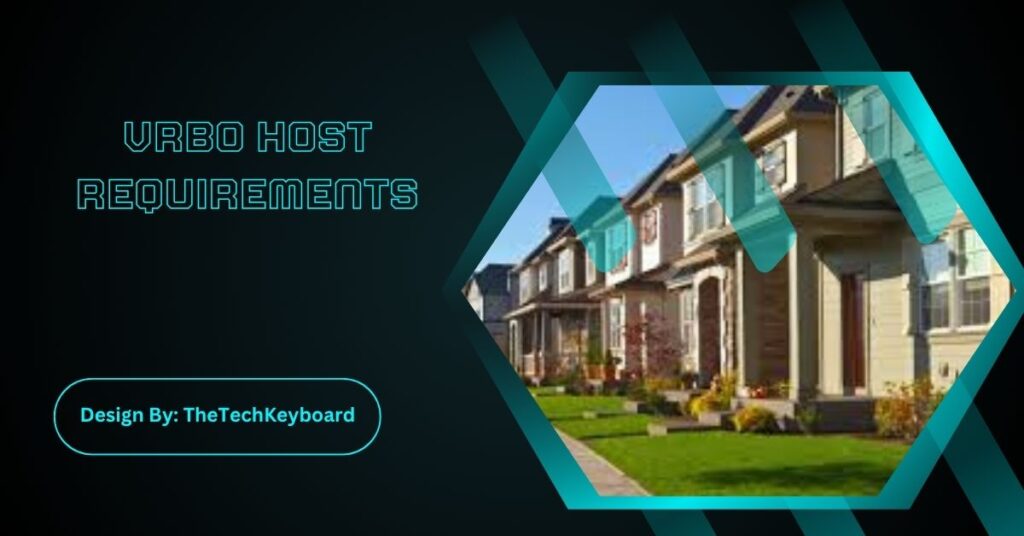VRBO hosting requires property owners to meet age, safety, legal, and listing guidelines while ensuring clear communication, guest readiness, and regulatory compliance to succeed as a trusted and profitable host.
If you’re thinking about listing your property on VRBO, you’re on the right track to joining one of the most popular vacation rental platforms. But before jumping in, it’s essential to understand VRBO host requirements, rules, and responsibilities. From setting up your profile to meeting safety standards and tax obligations, this guide will walk you through every step in a clear and simple way.
What Is VRBO?
VRBO (Vacation Rentals by Owner) is a leading online marketplace where homeowners can rent out their properties to travelers. With millions of users globally, VRBO offers a fantastic opportunity to earn extra income by turning your house, apartment, or vacation home into a short-term rental.
Who Is Eligible to Host VRBO?

To become a VRBO host, you must meet the following basic criteria:
- Be at least 18 years old
- Own or have legal rights to rent out the property
- Agree to VRBO’s terms of service
- Provide a safe and habitable space for guests
VRBO is open to both individual homeowners and property managers, making it flexible for different levels of hosting.
Setting Up Your VRBO Listing: Step-by-Step
Here are the key steps to successfully set up your VRBO property:
1. Create a Host Account
Sign up with your name, email address, and property details. This is your main dashboard where you’ll manage bookings, pricing, and messages.
2. Add Accurate Property Details
Include:
- Number of bedrooms and bathrooms
- Maximum guest capacity
- Amenities (Wi-Fi, kitchen, parking, etc.)
- High-quality photos
Be honest and detailed. This improves your search visibility and helps guests make informed decisions.
3. Set House Rules
Outline what is and isn’t allowed:
- No smoking
- No pets
- Check-in/check-out times
Clear rules help avoid misunderstandings.
4. Determine Pricing and Fees
VRBO lets you set your nightly rate, cleaning fees, and security deposit. Use tools like dynamic pricing to adjust rates based on demand.
Legal and Regulatory Requirements
Before going live, make sure you’re complying with all local laws and regulations:
- Business license: Required in many cities for short-term rentals.
- Zoning laws: Some areas restrict rentals based on location or building type.
- Homeowners Association (HOA) rules: If you live in an HOA community, check their policies on short-term rentals.
- Occupancy taxes: Depending on your location, you may need to collect and remit taxes like lodging or tourism tax.
Tip: Visit your local city or county website or consult with a real estate attorney to ensure compliance.
VRBO Safety Requirements for Hosts
Guest safety is a top priority for VRBO. Here’s what you’ll need to include:
- Smoke detectors and carbon monoxide detectors
- Fire extinguisher
- First-aid kit
- Clearly marked emergency exits
- Instructions for local emergency contacts and evacuation routes
Maintaining a safe environment not only fulfills VRBO’s host requirements but also builds guest trust.
Insurance and Liability Coverage

VRBO provides $1 million in liability insurance under its “Liability Insurance for Owners” program. However, this doesn’t cover damage to your property. It’s wise to:
- Have homeowner’s insurance that includes short-term rental coverage.
- Consider a damage protection plan for added security.
Guest Communication and Responsiveness
VRBO emphasizes fast, clear communication. Hosts are expected to:
- Respond to booking inquiries within 24 hours
- Keep calendars updated
- Clearly state any changes or updates
Proactive communication improves your response rate and review score, which can lead to more bookings.
VRBO Premier Host Status
To reward top-performing hosts, VRBO offers the Premier Host program, which includes:
- A badge on your listing
- Priority search placement
- Exclusive marketing opportunities
To qualify, you need:
- 90% or higher response rate
- 4.3+ average rating
- Low cancellation rate
- At least 3 bookings or 60 booked nights in the past year
Cancellation Policies
VRBO offers flexible cancellation policies:
- Flexible: Full refund up to 14 days before check-in
- Moderate: 50% refund up to 30 days before check-in
- Strict: No refund for cancellations made less than 60 days before check-in
Choose a policy that balances your needs with guest convenience.
Taxes and Payouts

VRBO will collect and remit taxes in some regions, but you are responsible for reporting rental income on your year-end tax return. Payouts are typically sent 1 day after check-in, via:
- Bank transfer
- PayPal (in select regions)
Keep accurate financial records for tax season and consider using rental accounting software.
Tips for Success on VRBO
Here’s how to stand out and attract more guests:
- Use professional photos and write a compelling property description
- Offer amenities like smart TVs, coffee makers, and high-speed Wi-Fi
- Provide a local guidebook or welcome letter
- Encourage reviews from satisfied guests
- Keep your listing updated regularly
Common Mistakes to Avoid
- Not disclosing important details like stairs, pets, or street noise
- Ignoring guest messages or delaying replies
- Setting unclear house rules
- Canceling confirmed bookings
- Overpricing without adjusting for local trends
FAQs:
1. Does hosting on VRBO require a business license?
Yes, many cities require a business license for short-term rentals. Always check your local regulations before listing your property on VRBO to avoid penalties.
2. What safety features are required by VRBO?
VRBO expects hosts to provide smoke detectors, carbon monoxide detectors, a fire extinguisher, and a first-aid kit, ensuring guest safety and improving listing credibility.
3. How do I become a Premier Host on VRBO?
To qualify, maintain a 90% response rate, a 4.3+ rating, low cancellations, and complete at least three bookings or 60 nights over the past year.
4. Does VRBO handle taxes for me?
In some areas, VRBO collects and remits lodging taxes. However, hosts are still responsible for reporting rental income and understanding local tax laws.
5. What happens if I cancel a guest’s reservation?
Frequent cancellations can hurt your ranking and disqualify you from Premier Host status. VRBO encourages consistent hosting and penalizes cancellations without valid reasons.
Conclusion:
Understanding VRBO host requirements is essential for building a successful rental business. From legal and safety standards to communication and listing quality, every detail contributes to guest satisfaction and long-term profitability. By staying compliant, responsive, and guest-focused, you’ll not only meet platform expectations but also stand out among competitors. Take the time to prepare properly, and you’ll enjoy smooth hosting and repeat bookings through VRBO.
Related Post:
- Serumcu – Eco-Friendly Cleaner for Stains and Odors!
- Ashcroft Capital Lawsuit – What Investors Should Know!
- Jacksonville Computer Network Issue – Residents and Businesses!
- Kennedy Funding Ripoff Report – Uncovering the Facts and Complaints!
- Brent Evenstad – Visionary Entrepreneur and Philanthropist!


